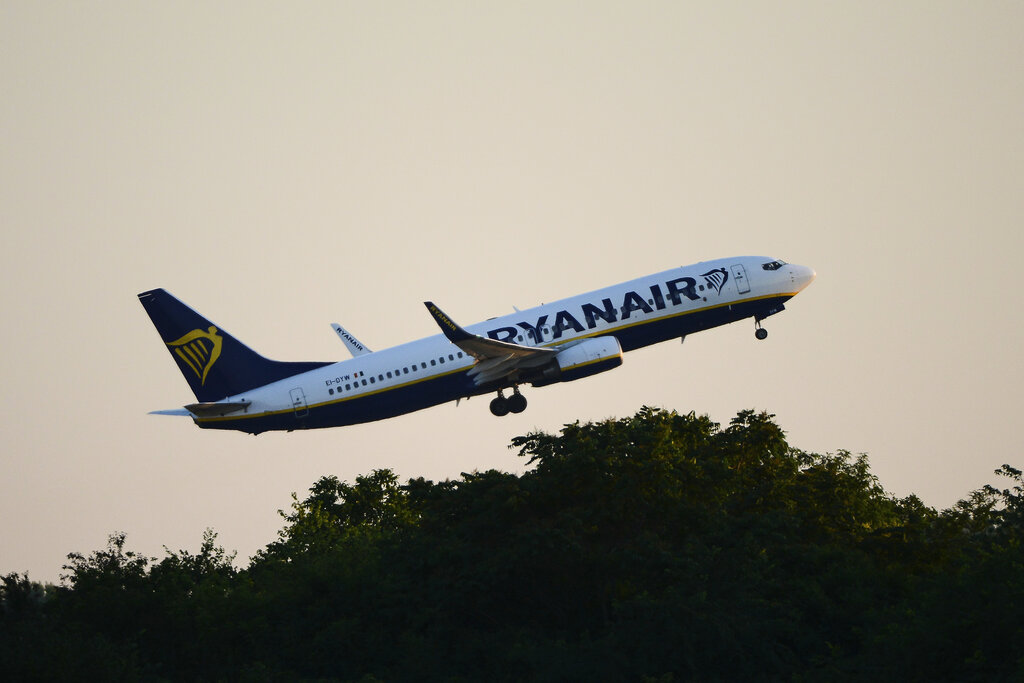Hungary’s Protected Society Foundation NGO lodged a complaint with the country’s consumer watchdog accusing the budget airline Ryanair of forcing Hungarian customers to pay for an extra windfall tax imposed on the company.
Hungary initiated the windfall tax to reduce its growing budget deficit, but instead of simply paying the tax, Ryanair responded by publishing English-language messages on their Hungarian site stating that Hungary has imposed an extra profit tax on airlines that consumers would be required to pay.
In the NGO’s view, the reality is that the Hungarian tax, which offsets the economic effects of the war in Ukraine, is levied on companies providing ground passenger services, which are at most an indirect cost for Ryanair.
“Ryanair also knows this very well because the Hungarian tax is not a novelty at all, it is a long-established tax in several European countries, which Hungary has so far refrained from collecting,” the foundation wrote.
The foundation believes Ryanair is engaging in “unfair commercial practice” by creating the false impression on its website that the increase in charges to consumers is not the company’s own business decision and that the extra charge is being imposed by the company, not a government mandate.
They emphasize that Hungarian and EU consumer protection rules prohibit all airlines from representing the indirect passing of their own costs onto consumers as if they were a tax on consumers.
As we reported last week, Ryanair CEO Michael O’Leary has lashed out at Hungary’s “idiotic” minister for economic development, Márton Nagy, in response to the Hungarian government’s windfall tax on large corporations announced at the end of May.
The windfall tax announced last month mainly affects energy companies and banks, but airlines will also have to pay an extra €10 for each ticket sold.





